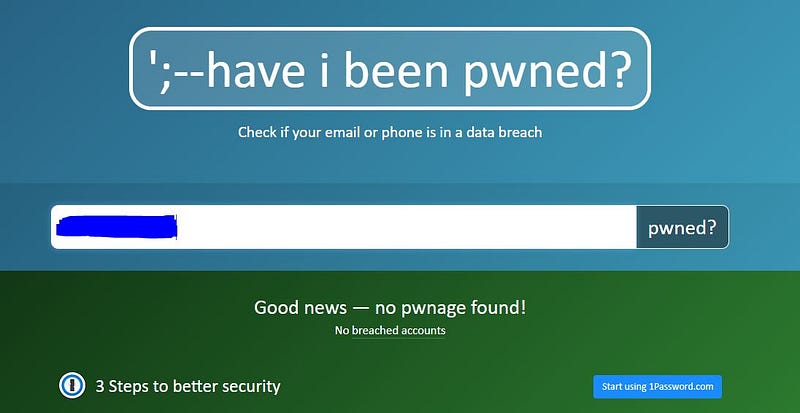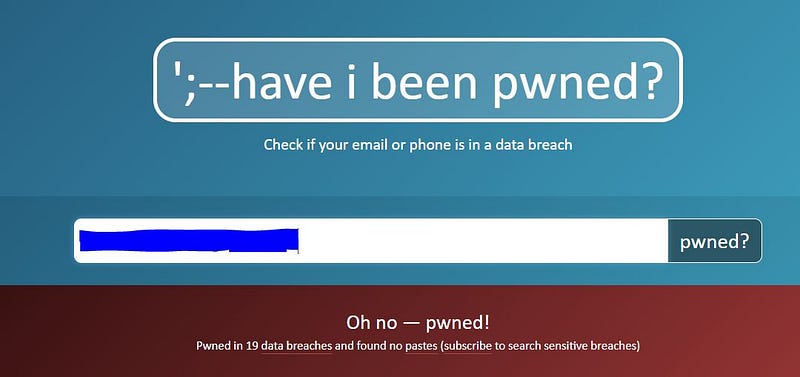Navigating the Impact of Facebook’s Recent Data Breach
Written on
Chapter 1: Understanding the Breach
It seems that we've all been affected in some way. The recent exploitation of a previously existing vulnerability on Facebook has resulted in the exposure of data from over 500 million users. This situation highlights the ongoing issues surrounding data security.
I've grown somewhat indifferent to such breaches. It's clear that companies struggle to protect our personal information, and we often share an overwhelming amount of it on various platforms. At this point, it feels almost normal.
The term "you've been pwned," borrowed from gaming, refers to being thoroughly defeated. In the context of data, it signifies that your information has been compromised.
However, after diving into multiple reports about this Facebook incident, I found myself feeling uneasy. Facebook's lack of transparency regarding the breach made me increasingly anxious, particularly given the potential misuse of exposed phone numbers, which could facilitate two-factor authentication attacks or provide valuable information to spammers and hackers.
How to Assess Your Risk
Despite my better judgment, I visited HaveIBeenPwned, a site that lets users check if their personal data has been compromised. The process is straightforward: simply input your email, phone number, or home address, and the site will reveal whether that data has been exposed in any breaches.
A Glimmer of Hope
Given the consensus that the most troubling aspect of the Facebook breach was the exposure of phone numbers, I decided to check my own mobile number. To my surprise and relief, the site reported that there was “no pwnage found!” for my number.

Considering I've been on Facebook since the early 2000s, this was a pleasant shock. HaveIBeenPwned scans not only Facebook but a wide array of breaches across various platforms.
Despite using my phone for authentication only in recent years, I felt fortunate that my long-held phone number remained untouched.
The Unfortunate Reality
Next, I checked my primary email address, anticipating bad news. Sure enough, it turned out that my email was associated with 19 different data breaches. The list included incidents from an obscure sales engagement firm that exposed billions of data points to breaches at more familiar places like a clothing retailer and LinkedIn.

Fortunately, the site indicated that my email was not involved in any “pastes.” This term refers to instances where data is posted on publicly accessible sites, such as Pastebin, which is commonly used by hackers.
Understanding the Implications
Realistically, I've known for some time that my data had likely been compromised. The sheer scale of breaches over the last decade makes it almost unavoidable. While I’ve attempted to secure my information—like using LastPass to manage my passwords and enabling two-factor authentication—there's still a lingering sense of vulnerability.
The Hard Truth
These precautions offer some reassurance, but they don’t completely alleviate my discomfort. Being pwned feels not only like a loss of security but also a personal defeat. In the digital world, a hacker could be out there invading my privacy and potentially targeting you as well.
Want to stay updated on technology insights? Subscribe to my newsletter for a weekly dose of tech-related news and reflections that might resonate with you.
Chapter 2: Resources for Protection
Learn how to uncover Facebook data from private profiles in just 10 minutes.
Discover how to download and manage your Facebook friends' contact information for better database organization.